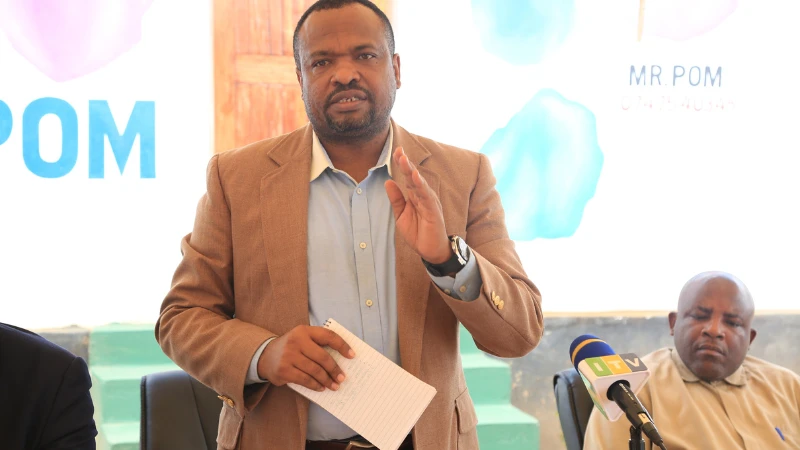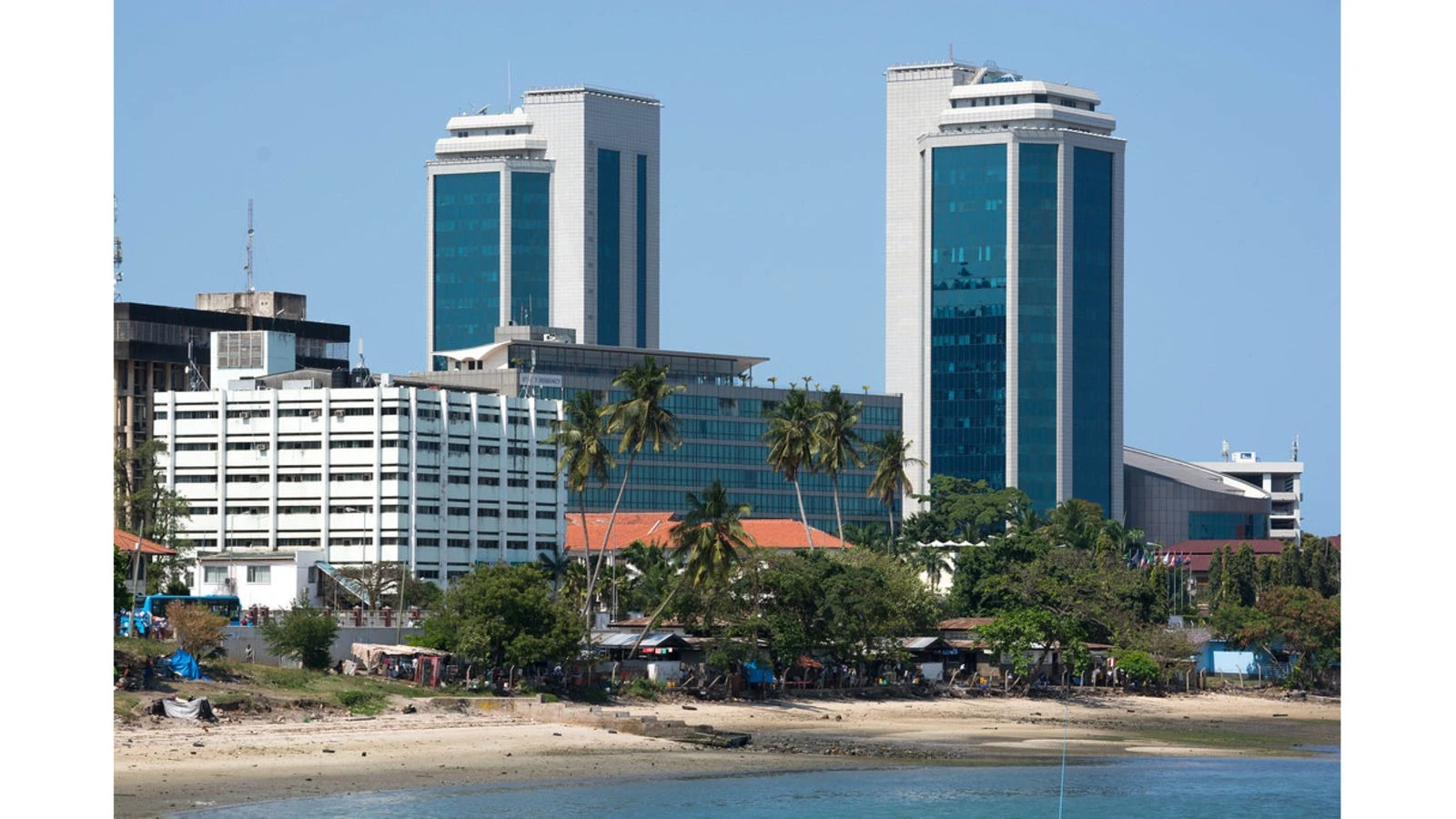Deputy Minister calls private sector to participate in preparing vision 2050

The private sector has been urged to actively engage in planning and implementing development strategies for the country.
The call was made today “Wednesday” by the deputy minister of state, President’s office for planning and investment Stanslaus Nyongo during the opening of the national dialogue on Tanzania’s Development Vision 2050 coordinated by PPP Centre in Mwanza.
He said the Sixth Phase Government, under the leadership of President Samia Suluhu Hassan will continue to be a close partner by creating a conducive, enabling, and competitive environment for the private sector to operate efficiently.
“It is my expectation that today’s dialogue will enrich our knowledge, bring forth constructive ideas, and promote genuine cooperation that will contribute to the formulation of a new National Development Vision with six (6) main goals,” he said.
The vision goals include making Tanzania an upper-middle-income country, with a diversified, resilient, inclusive, and robust economy by 2050.
“This dialogue comes at a time when our nation has entered a critical stage in planning for its long-term development through the preparation of the National Development Vision 2050,” he said
“As you are aware, the National Development Vision 2025, launched in the year 2000, aimed at achieving a middle-income economy through modern agriculture, industrial transformation, infrastructure development, and technology.”
He said the Vision 2025 has led to commendable achievements, especially in improving living standards, economic growth, governance, and increasing the participation of women in political and economic activities.
“As the implementation of Vision 2025 nears completion, the government has begun preparations for the new National Development Vision 2050,” he said.
“This new vision aims to build an inclusive, prosperous, just, and self-reliant nation. It lays the foundation for a solid transformation plan by the mid-21st century, with the goal of building a fast-growing Tanzania, marked by social and economic equity and self-sufficiency in its resources and knowledge.”
He noted that in the preparation of the National Development Vision 2050, the private sector through PPP arrangements has been given priority in contributing to the Vision, considering that the national income is projected to reach $700 billion by 2050.
Private sector participation through PPP will focus on investment in major infrastructure in the transport sector such as ports, the energy sector, and public transportation, social services such as health, education, and water, technology and innovation for the development of domestic industries.
“As we discuss the role of PPPs in the context of implementing the National Development Vision 2050, it is important for all of us to reflect on key questions that can help us establish a solid strategy for public-private cooperation,” said the deputy minister.
PPP Centre executive director David Kafulila said the participation of private sector in implementing development projects is growing and will enable the economy to become competitive and satisfy the expectations of Tanzanians.
He said President Samia Suluhu Hassan established the centre to enhance coordination and efficiency of private participation in PPP projects.
He said the PPP journey in Tanzania started before and during 1990’s when the economic policies targeted to open up the economy.
“During the fourth phase, the government officially launched the PPP policy in 2009 and since then number of projects were implemented to improve efficiency,” he said.
“Since then, the role of private sector in implementing the government projects has increased in accordance with the Tanzanians expectations.”
He explained that a Public-Private Partnership is a long-term agreement between a government institution and a private company to deliver public services or infrastructure projects, where risks and rewards are shared.
Top Headlines
© 2025 IPPMEDIA.COM. ALL RIGHTS RESERVED

























